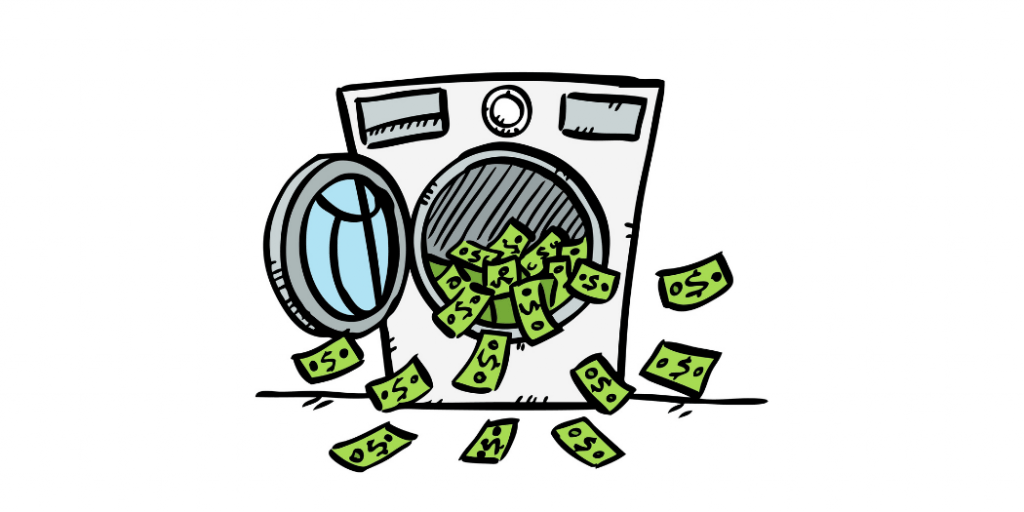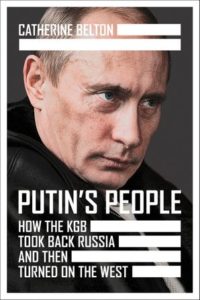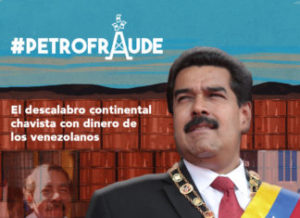
Power Vertical
On September 15, 2021, the International Monetary Fund (IMF) approved a $67.38 million loan to Equatorial Guinea under a Rapid Financing Instrument to help the country address the COVID-19 pandemic and catastrophic accidental explosions at a major military installation in Bata that damaged and destroyed homes across the city and injured hundreds of civilians, notes Elsa Peraldi, senior manager for integrity and anti-corruption at Global Integrity.
In Equatorial Guinea, kleptocrats are in charge of a government that is corrupt by design and crippled by weak institutions, she writes for Power 3.0, the blog of the International Forum for Democratic Studies:
The country’s health system has long been strained, undermining its response to COVID-19, and government negligence remains endemic. The government’s unwillingness to meaningfully assist the victims of the Bata blasts—many of whom remain homeless or were evicted from abandoned social housing projects where they had relocated—further exacerbate the challenges Equatoguineans face.
 The focus on the complex connections between the Russian state, security apparatus, and organized crime in Catherine Belton’s “Putin’s People: How the KGB Took Back Russia and then Took on the West” comes at a timely moment as Western countries wake up, albeit belatedly, to the global challenges posed by kleptocracy, notes Emily Couch. One of the book’s most interesting contentions is that the apparent rise of the Russian Orthodox Church post-2012 has little to do with conservative ideology and everything to do with maintaining the kleptocratic Putin regime, she writes for the Moscow Times:
The focus on the complex connections between the Russian state, security apparatus, and organized crime in Catherine Belton’s “Putin’s People: How the KGB Took Back Russia and then Took on the West” comes at a timely moment as Western countries wake up, albeit belatedly, to the global challenges posed by kleptocracy, notes Emily Couch. One of the book’s most interesting contentions is that the apparent rise of the Russian Orthodox Church post-2012 has little to do with conservative ideology and everything to do with maintaining the kleptocratic Putin regime, she writes for the Moscow Times:
“Most of this newfound religious zeal,” writes Belton, “was in fact no more than cover. Inside Russia, the joining of Church and state was just another element of the erosion of any remnants of democracy.” Belton’s portrait of Konstantin Malofeyev – the shadowy founder of the Saint Vasily the Great Foundation who also happens to sit on the boards of state telecom giants Svyazinvest and Rostelecom – who forged many of Russia’s links with European far-right and far-left parties, is illuminating.
The recently published Pandora Papers exposed how politicians and public officials use offshore tax havens to hide wealth and evade taxes. It’s not just a moral dilemma. It’s a security threat largely of the West’s own making that allows autocratic leaders like Vladimir Putin to establish vectors of malign influence, writes Brian Whitmore. On The Power Vertical Podcast, he speaks with Paul Massaro of the U.S. Helsinki Commission, Josh Rudolph of the German Marshall Fund’s Alliance for Securing Democracy, and journalist Casey Michel, about steps being taken to oppose strategic corruption.
 The arrest and extradition of Alex Saab — Venezuela’s alleged money-laundering master — could turn up the heat on Nicolás Maduro’s kleptocratic regime if he sings to U.S. officials, reports suggest.
The arrest and extradition of Alex Saab — Venezuela’s alleged money-laundering master — could turn up the heat on Nicolás Maduro’s kleptocratic regime if he sings to U.S. officials, reports suggest.
When providing emergency relief loans, the IMF and other multilateral lending institutions should ensure accountability by working with civil society, adds Peraldi, a 2021-2022 Penn Kemble Fellow at the National Endowment for Democracy. A May 2020 letter cosigned by 97 civil society organizations (CSOs) urging consistent inclusion of accountability mechanisms in the Rapid Financing Instrument, stated the IMF needs to “formally recognize independent monitoring organizations as stakeholders in loan agreements.” Multilateral lending institutions need to take this request seriously, given mounting evidence of corruption around the management of the emergency relief loans in highly corrupt countries. RTWY







